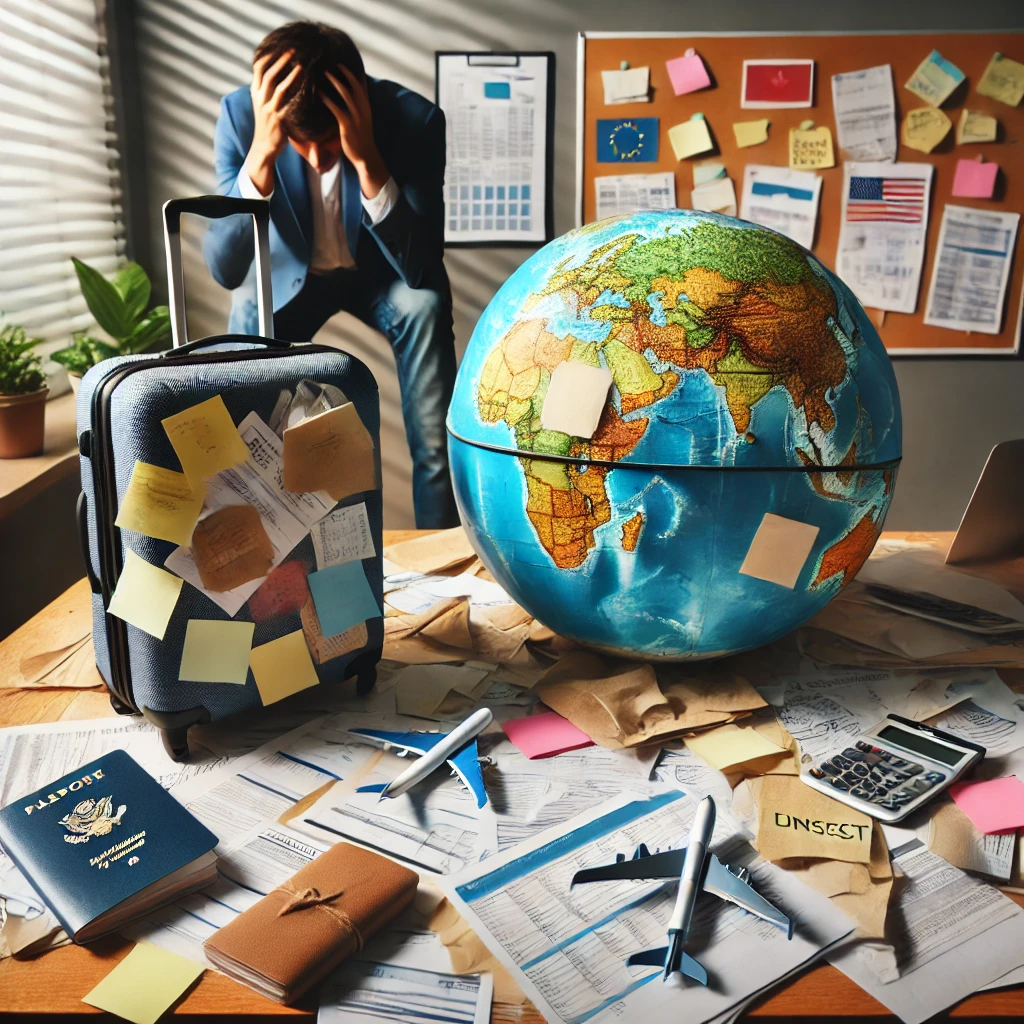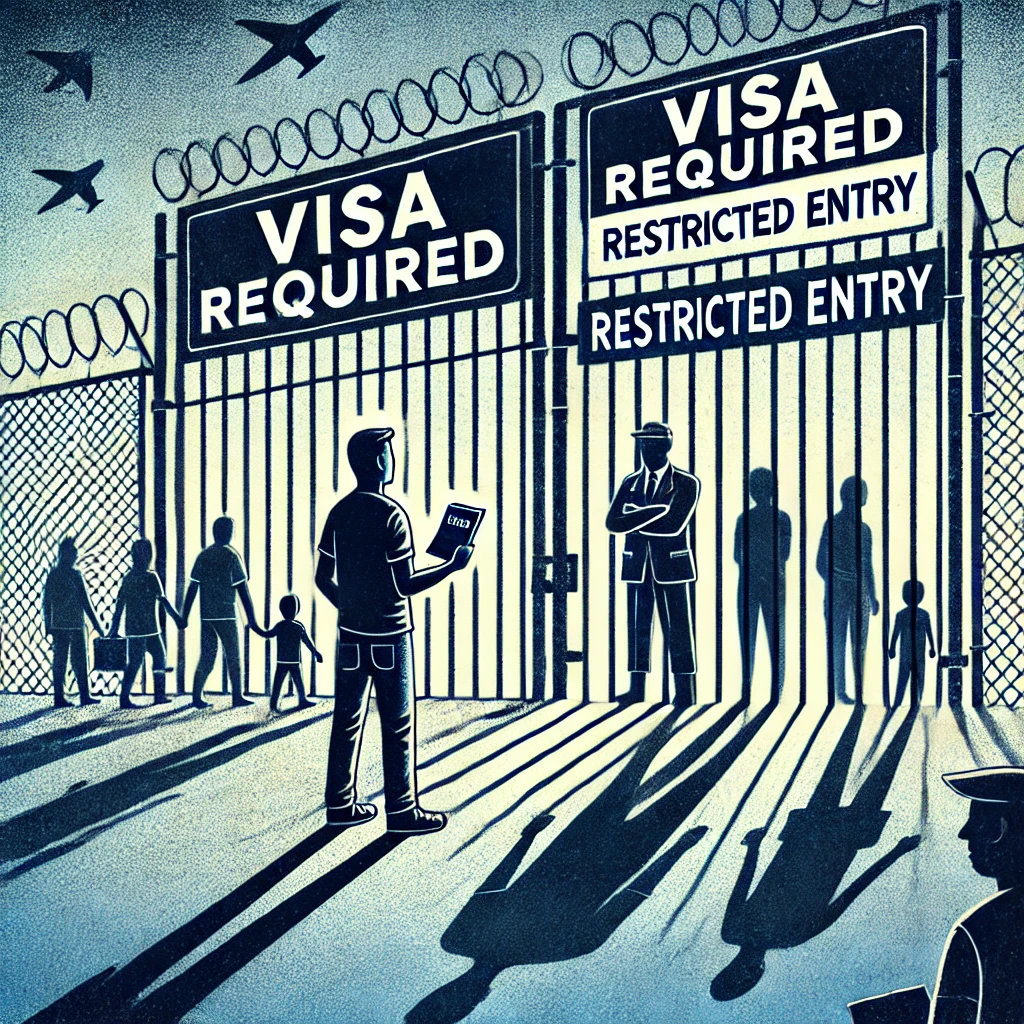Following Donald Trump’s victory in the 2024 U.S. presidential election, many individuals who had previously declared their intention to leave the country are reconsidering their plans. Here are the top ten reasons for this change of heart:

Logistical Challenges
Moving to another country is no simple task. It requires extensive planning, including securing legal permission to reside in the chosen country, such as work visas, student visas, or permanent residency permits. For most people, this involves navigating complex immigration laws and proving eligibility through financial stability, job offers, or family sponsorship. Additionally, there are practical concerns like shipping belongings, finding housing, and acclimating to new legal and healthcare systems, which can feel overwhelming.

Financial Stability
Many people have financial responsibilities that tie them to the United States. For example, a person with a mortgage might find it financially devastating to abandon their home. Others have established careers or businesses that provide a stable income, making the thought of starting over financially in a new country unrealistic. The costs of moving—such as transportation, resettlement expenses, and potential loss of income during the transition—can also be a significant deterrent.

Family and Social Ties
For many, the thought of leaving family and friends is the ultimate deal-breaker. People rely on their social networks for emotional support, childcare, and companionship. For those with elderly parents or young children, staying close to loved ones can outweigh the discomfort of political dissatisfaction. Uprooting children from schools and established friendships adds another layer of complexity.

Immigration Barriers
Moving abroad is not as easy as booking a plane ticket. Countries like Canada, New Zealand, or European nations often require applicants to meet strict criteria, such as having a job offer, significant savings, or fluency in the local language. Even for those who qualify, the process can take years. Without a clear path to citizenship or residency, many find the idea of moving impractical.

Political Engagement
Some individuals decide to channel their frustration into political activism. They may join protests, support organizations advocating for their beliefs, or run for local office. These people view staying as a way to fight for the changes they want to see, believing their impact will be greater from within the system rather than as outsiders.

Overestimated Threat
When emotions run high during an election, people may feel that the results will directly and immediately harm them. However, once the dust settles, many reassess and conclude that their day-to-day lives remain relatively unchanged. The grass still needs to be mowed, the sun still comes up and they still have beer. This realization often diminishes the urgency to leave.

Cultural Adjustment
Life in a foreign country may seem appealing in theory, but the reality can be far more challenging. Adapting to a new culture often involves learning a new language, understanding different social norms, and building a new support network from scratch. These challenges can lead to feelings of isolation and homesickness, deterring people from pursuing such a drastic change.

Economic Realities of New Countries
While some countries may offer social programs or political stability, they also come with drawbacks. For instance, higher taxes, stricter regulations, or limited job opportunities may make life less appealing than anticipated. Those who research thoroughly often discover that the grass isn’t always greener on the other side. For example, Germany mandates rigorous biennial inspections for vehicles to ensure they meet strict safety and environmental standards.

Optimism for Change
Many believe that political shifts are temporary and that future elections will provide opportunities for change. This optimism encourages people to stay and contribute to shaping the country’s future, whether through grassroots movements, voting, or fostering dialogue within their communities.

Expressive Hyperbole
When people express a desire to leave the country, it’s often an emotional response to feeling unheard or disappointed. Over time, they may recognize that their declarations were exaggerated and not a genuine plan. Staying becomes the default as they adapt to the new political landscape.
These reasons highlight the practical, emotional, and logistical barriers that make leaving the country a much more complicated decision than it might initially seem. While dissatisfaction with political outcomes is real, the challenges of relocation often outweigh the desire to leave. Hopefully everyone can still get along.





